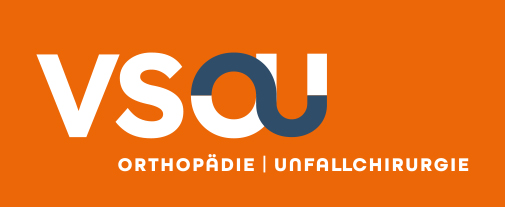Ihre Suche ergab 1 Treffer
Revision der instabilen Schulterendoprothese und Komplikationen
Zusammenfassung: Das Auftreten einer Instabilität im Zusammenhang mit einer Schulterendoprothese ist ein häufiges klinisches Problem und stellt einen der häufigsten Gründe für eine Revisionsoperation dar. Die Vermeidung auslösender Faktoren bei der Primärimplantation und der nachfolgenden Rehabilitation sind gut beeinflussbare Faktoren, die unbedingt beachtet werden müssen. Totalendoprothesen bei erhaltener Rotatorenmanschette (TSA) und bei insuffizienter Rotatorenmanschette (RSA) zeigen unterschiedliche Muster der Instabilität und der Therapiestrategie. Häufigste operative Therapie der instabilen TSA ist die Konversion auf eine inverse Schulterendoprothese (RSA). Häufige Gründe für instabile RSA sind Implantat-assoziiert bzw. Implantations-assoziiert und entsprechend operativ zu adressieren. Ein glenoidaler Knochensubstanzverlust geht mit der Gefahr einer Instabilität der RSA einher und sollte durch knöchernen Aufbau und/oder lateralisierende Komponenten adressiert werden. Eine Schädigung des Deltamuskels ist desaströs, schwer zu behandeln und muss unbedingt vermieden werden. Revisionsoperationen von instabilen Schulterendoprothesen stellen besondere chirurgische und apparative Anforderungen und sollten zum Wohl der Patienten spezialisierten Zentren vorbehalten bleiben.
Summary: Instability after shoulder arthroplasty procedures is a common problem and one main reason for revision surgery. Avoiding triggering factors during primary implantation and the following rehabilitation can be well addressed and should be a matter of interest. Total shoulder arthroplasties with a remaining rotator cuff (TSA) and those with an insufficient cuff (RSA) present with different patterns of instability and therefore need a specific treatment strategy. The most common surgical procedure for unstable TSA is the conversion to a RSA. Common reasons for unstable RSA are implant- and implantation-associated and should be adressed as such. Glenoid bone loss increases the risk for instability after RSA and should be adressed with bony augmentation and/or lateralizing implant components. Any damage of the deltoid muscle will be disastrous and difficult to treat and therefore should be avoided at all costs. Revision surgery for unstable shoulder arthroplasties are challenging both for the surgeon and the infrastructure. Therefore, these procedures should be reserved for specialized surgeons and treatment facilities.
